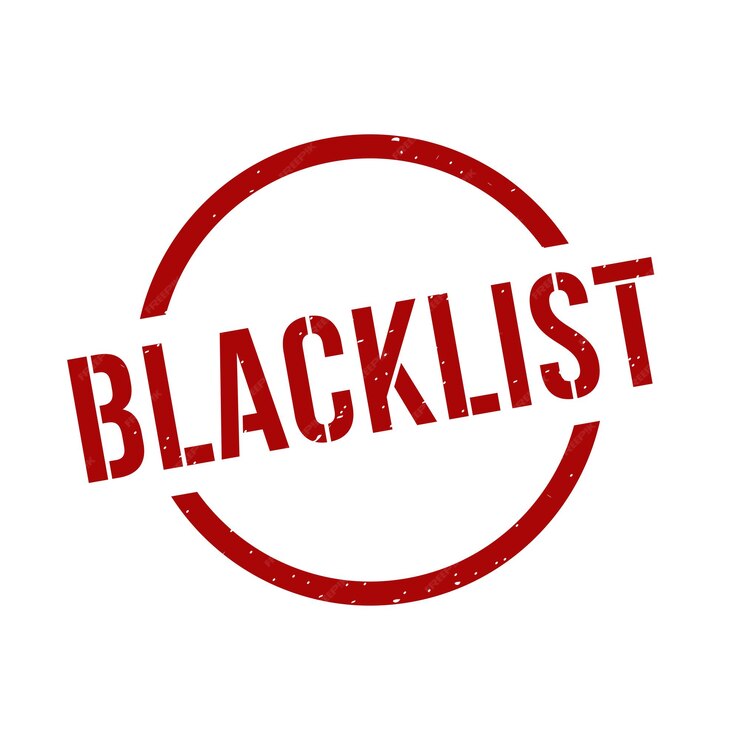Being blacklisted can have significant financial consequences, affecting your ability to access credit, secure loans, or engage in certain financial transactions. In Namibia, individuals may find themselves blacklisted due to outstanding debt, defaulted payments, or other financial irregularities. Fortunately, there are steps you can take to check your blacklist status and address any issues that may arise. In this article, we’ll provide a comprehensive guide on how to check if you are blacklisted in Namibia, empowering you to take control of your financial health.
1. Obtain a Credit Report:
The first step in determining your blacklist status in Namibia is to obtain a copy of your credit report from a reputable credit bureau. In Namibia, the main credit bureau is the Credit Bureau Namibia (CBN), which collects and maintains credit information on individuals and businesses. You can request a copy of your credit report from the CBN by visiting their website or contacting them directly.
2. Review Your Credit Report:
Once you have obtained your credit report, carefully review the information contained within it to identify any instances of blacklisting or adverse credit history. Look for accounts in arrears, defaulted payments, or accounts that have been handed over to debt collection agencies. Pay close attention to any notes or remarks indicating that you have been blacklisted by creditors.
3. Check Your Payment History:
Examine your payment history to assess your track record of making timely payments on credit accounts, loans, and other financial obligations. Late payments, defaults, or accounts in arrears can negatively impact your credit score and increase the likelihood of being blacklisted. Take note of any overdue payments and take steps to address them promptly.
4. Contact Creditors or Debt Collectors:
If you discover that you have been blacklisted or have outstanding debt, contact the relevant creditors or debt collectors to discuss repayment options and resolve the issue. Communicating proactively with creditors demonstrates your commitment to resolving outstanding debt and may help prevent further adverse actions, such as legal proceedings or asset repossession.
5. Dispute Inaccurate Information:
If you believe that any information on your credit report is inaccurate or incorrect, you have the right to dispute it with the credit bureau. Provide supporting documentation or evidence to substantiate your claim and request that the erroneous information be corrected or removed from your credit report. The credit bureau is required to investigate your dispute and update your credit report accordingly.
6. Monitor Your Credit Regularly:
After checking your blacklist status and addressing any outstanding issues, make it a habit to monitor your credit regularly to stay informed about your financial standing. Set up alerts or notifications to receive updates on changes to your credit report, such as new inquiries, account openings, or changes to your credit score. Monitoring your credit allows you to detect any potential issues early and take corrective action as needed.
Checking your blacklist status in Namibia is an important step in managing your financial health and ensuring access to credit and financial services. By obtaining a copy of your credit report, reviewing your credit history, addressing outstanding debt, and monitoring your credit regularly, you can take proactive steps to maintain a positive credit profile and safeguard your financial well-being. Remember that responsible financial management, timely payments, and open communication with creditors are key to avoiding blacklisting and achieving financial stability.
